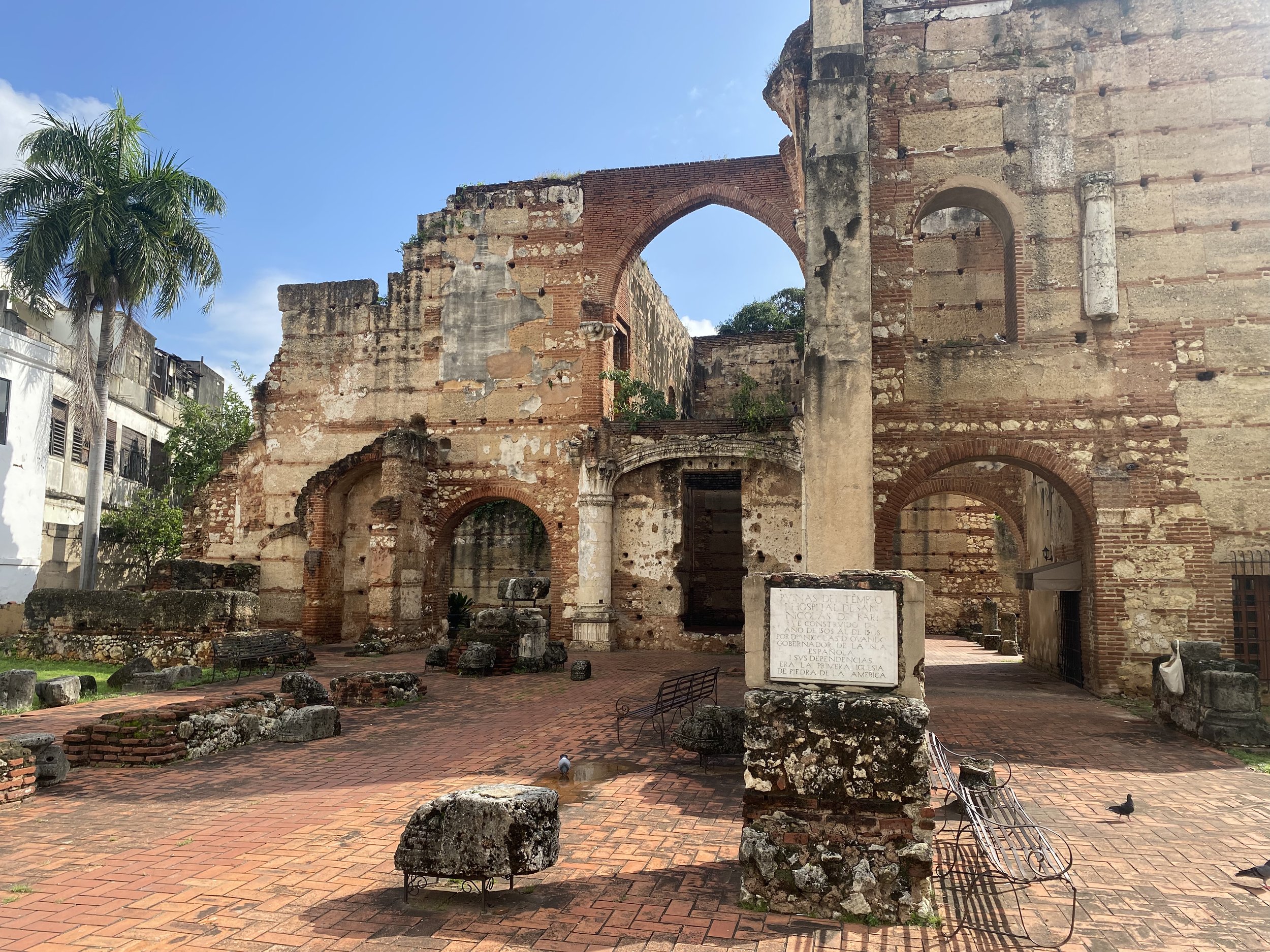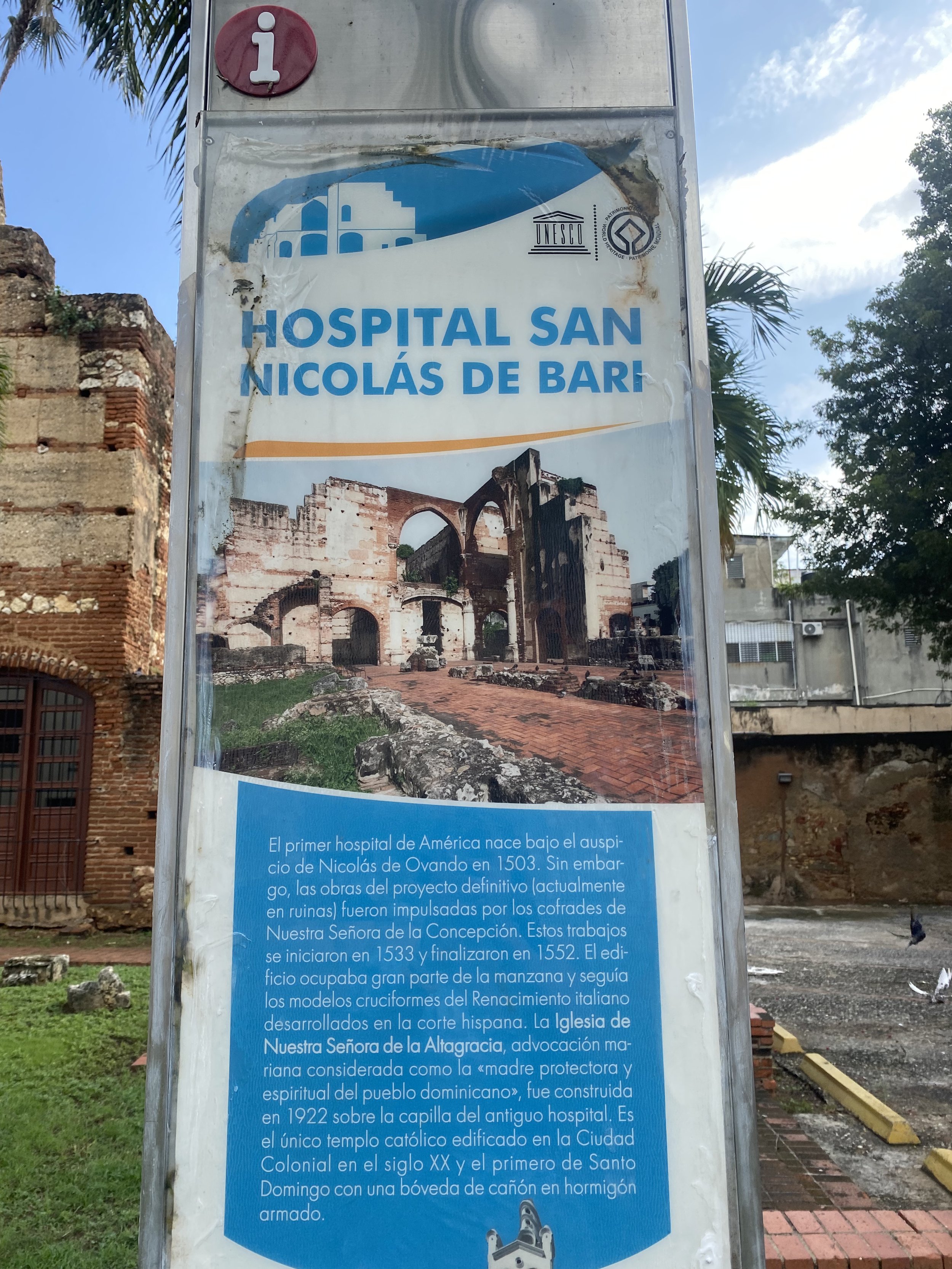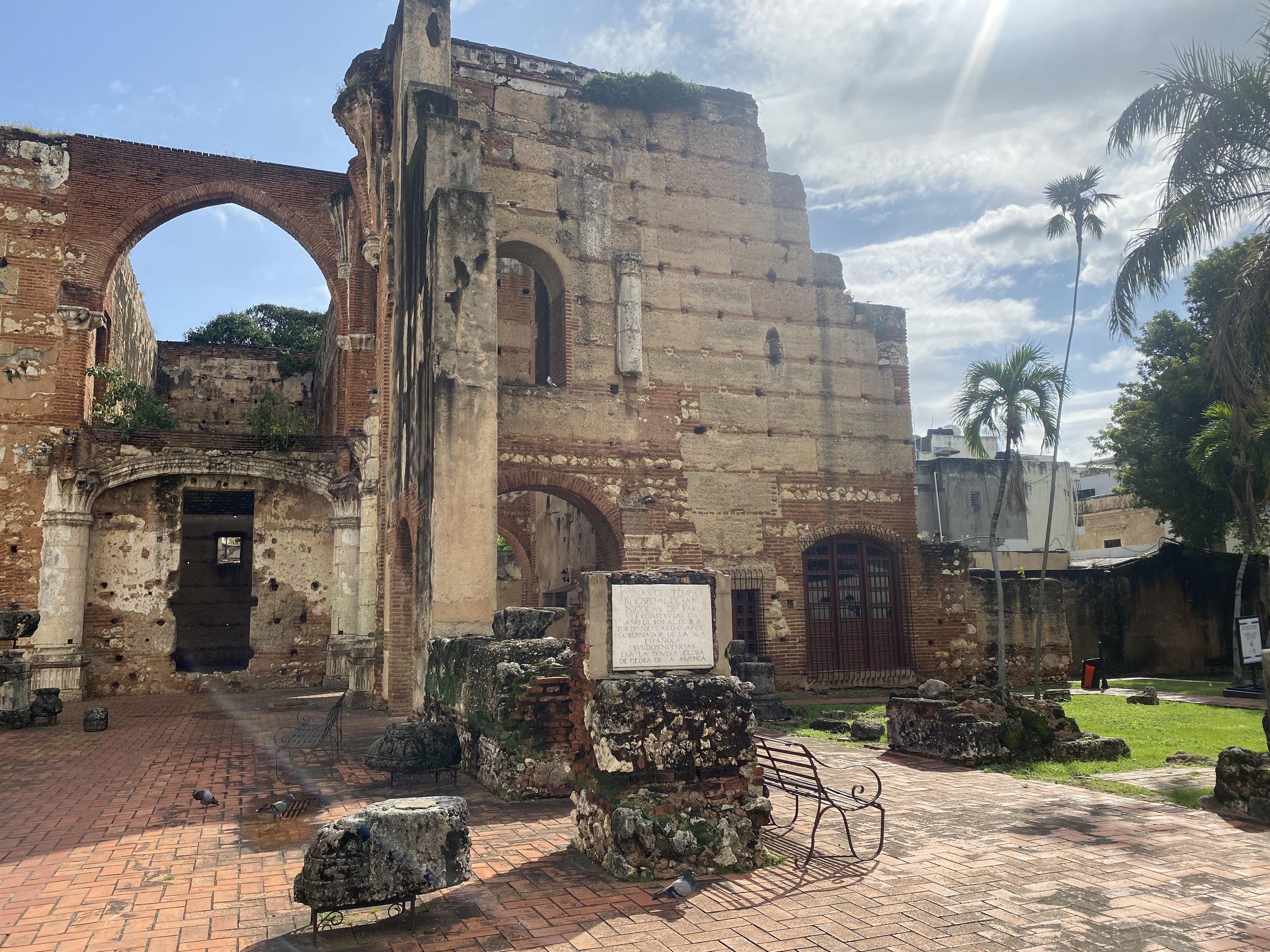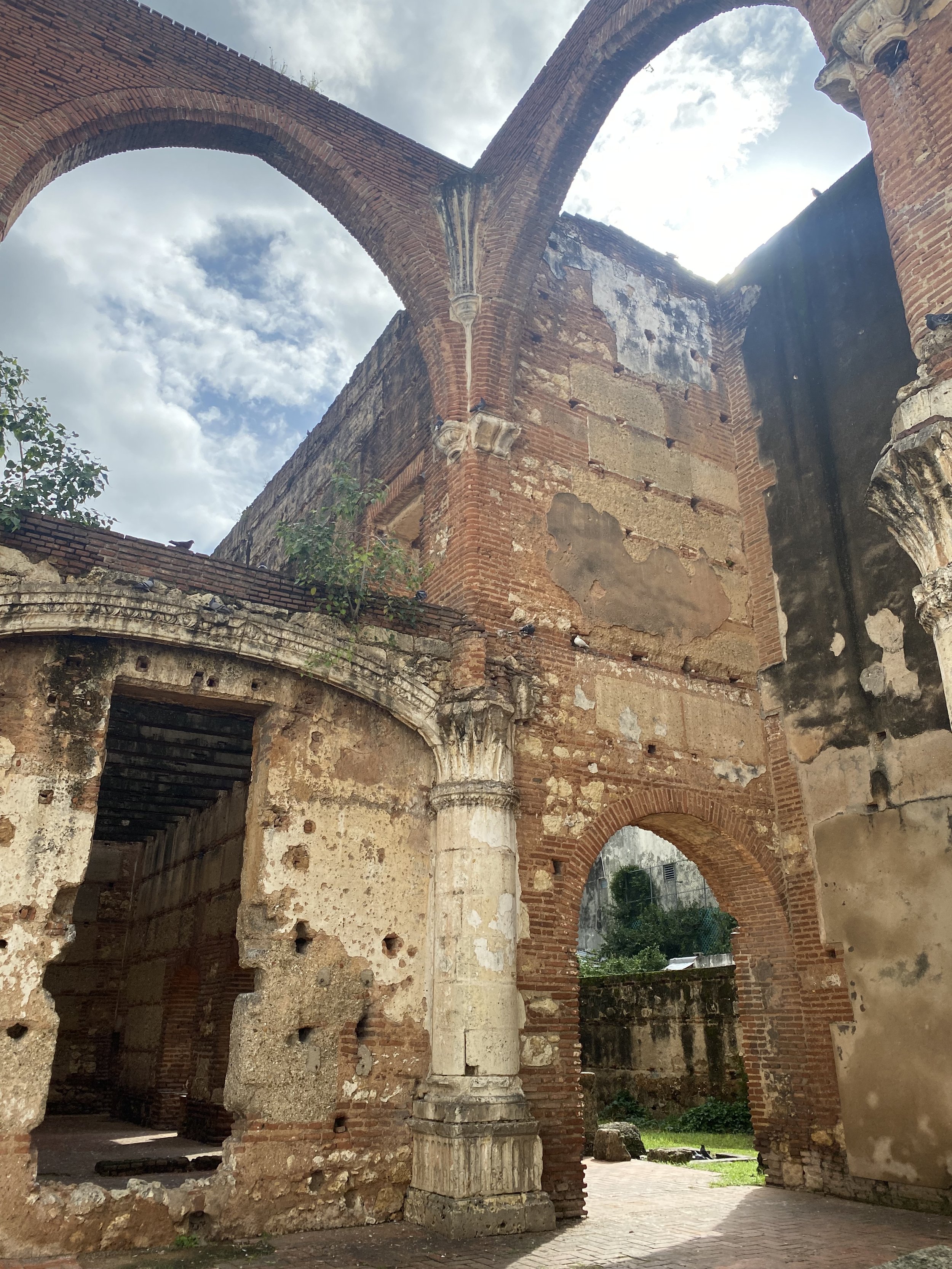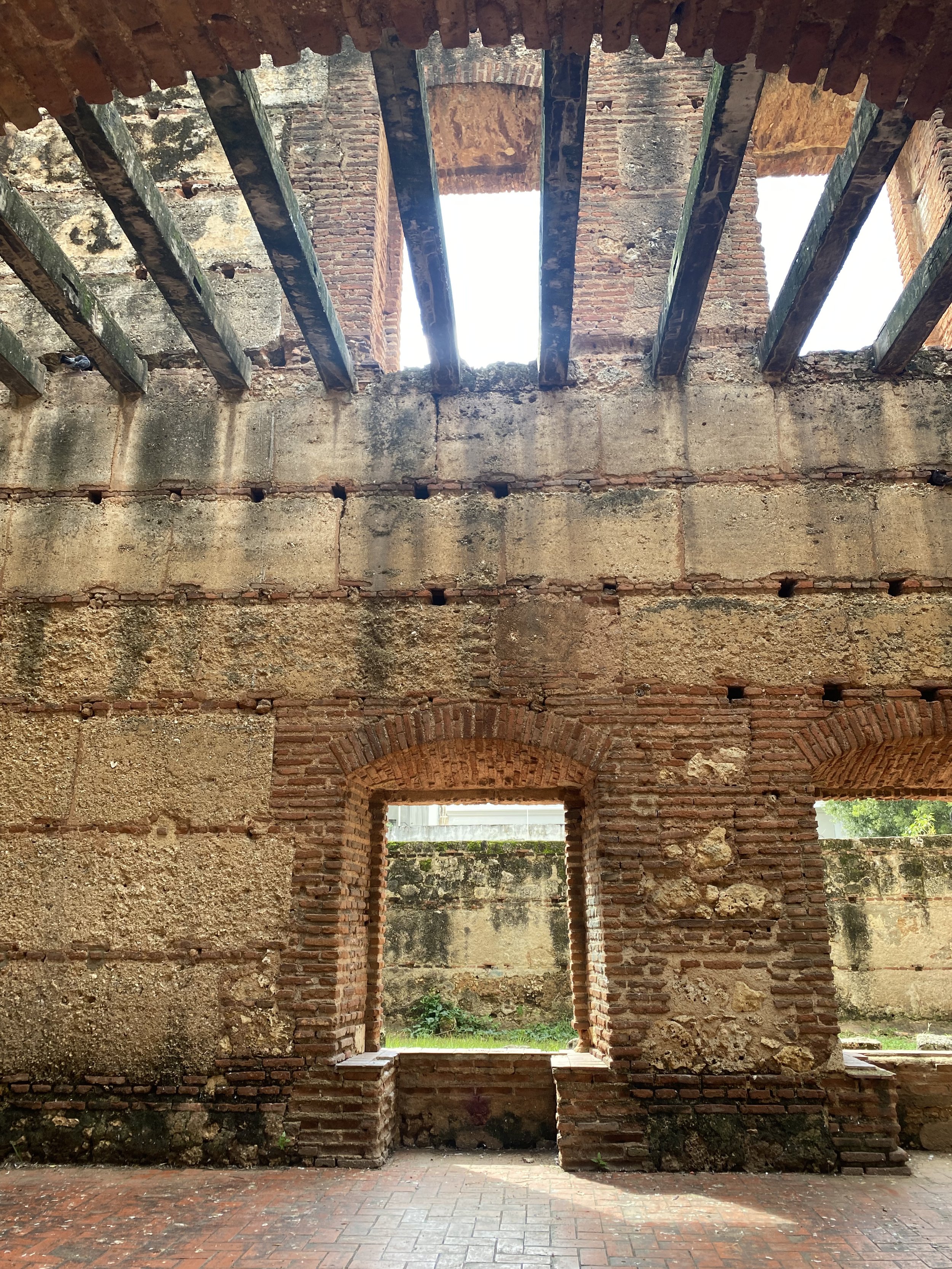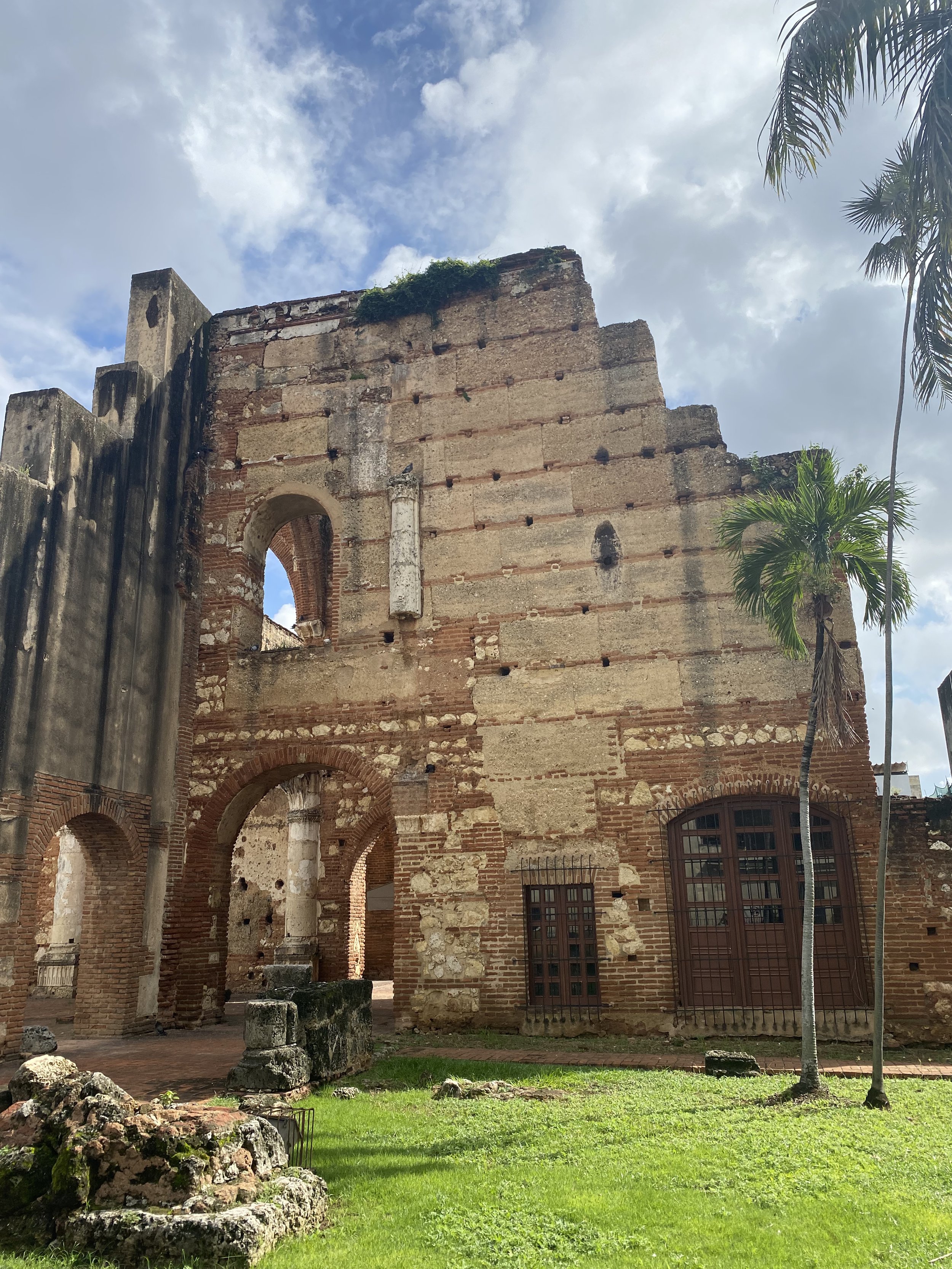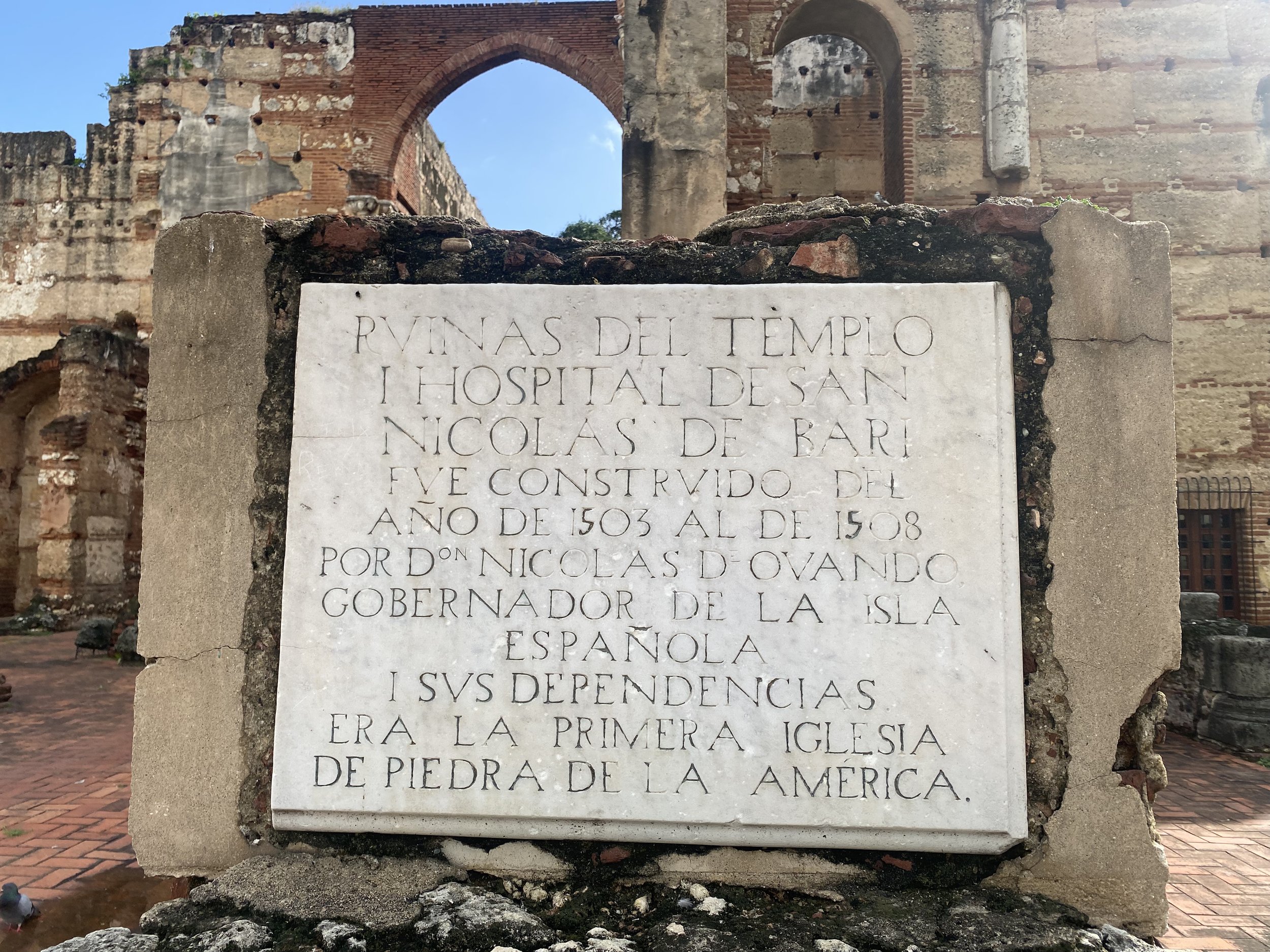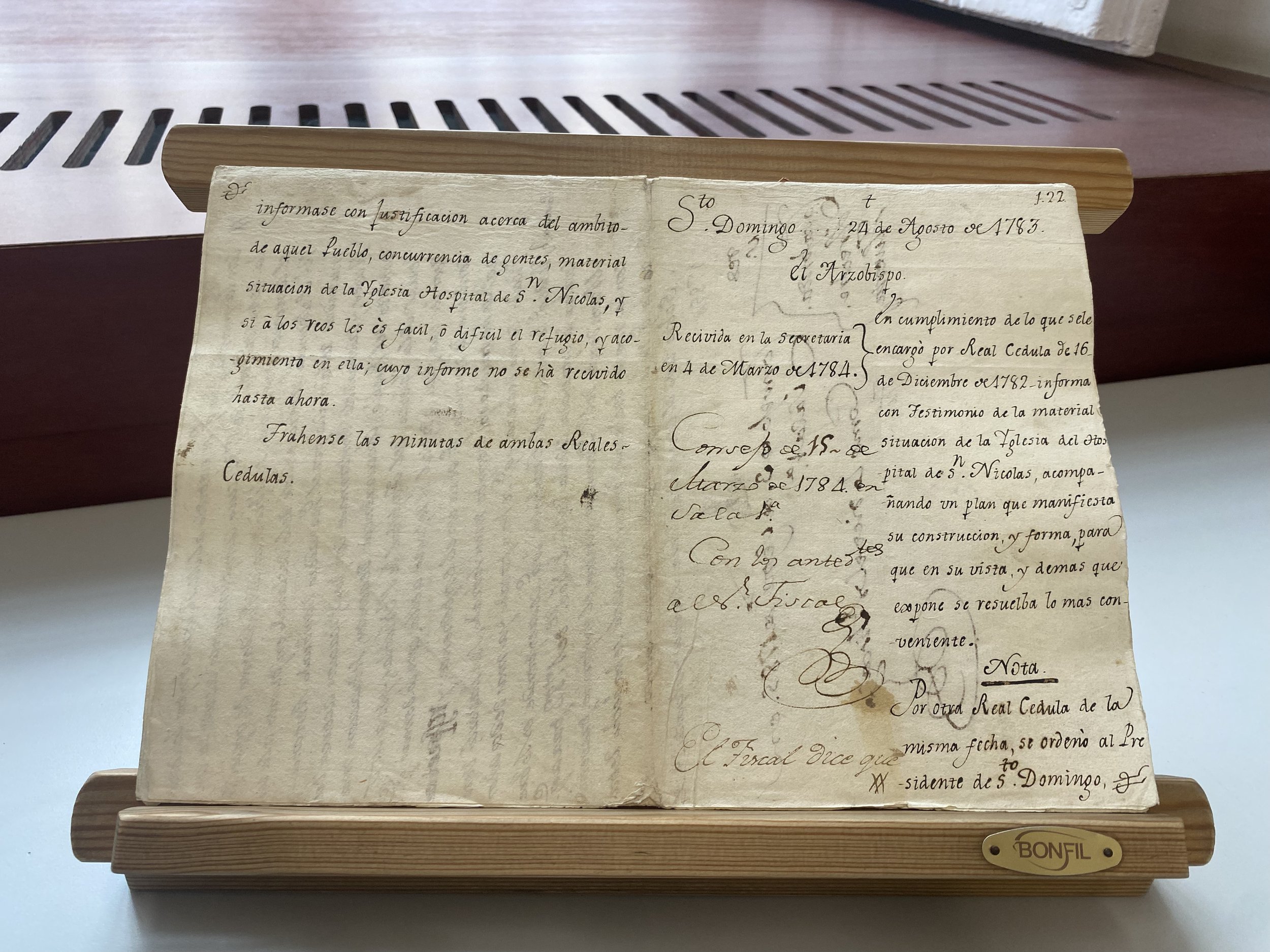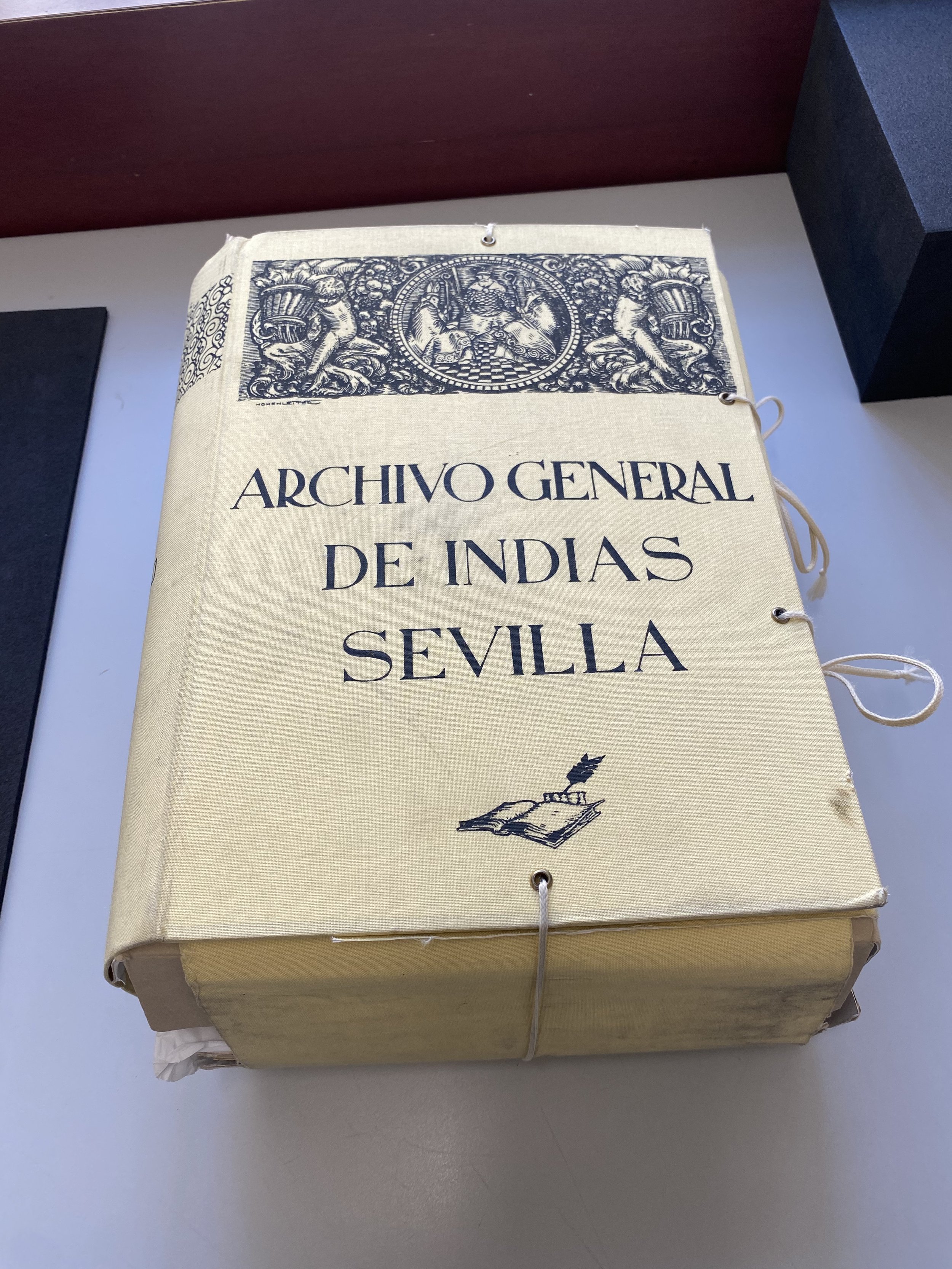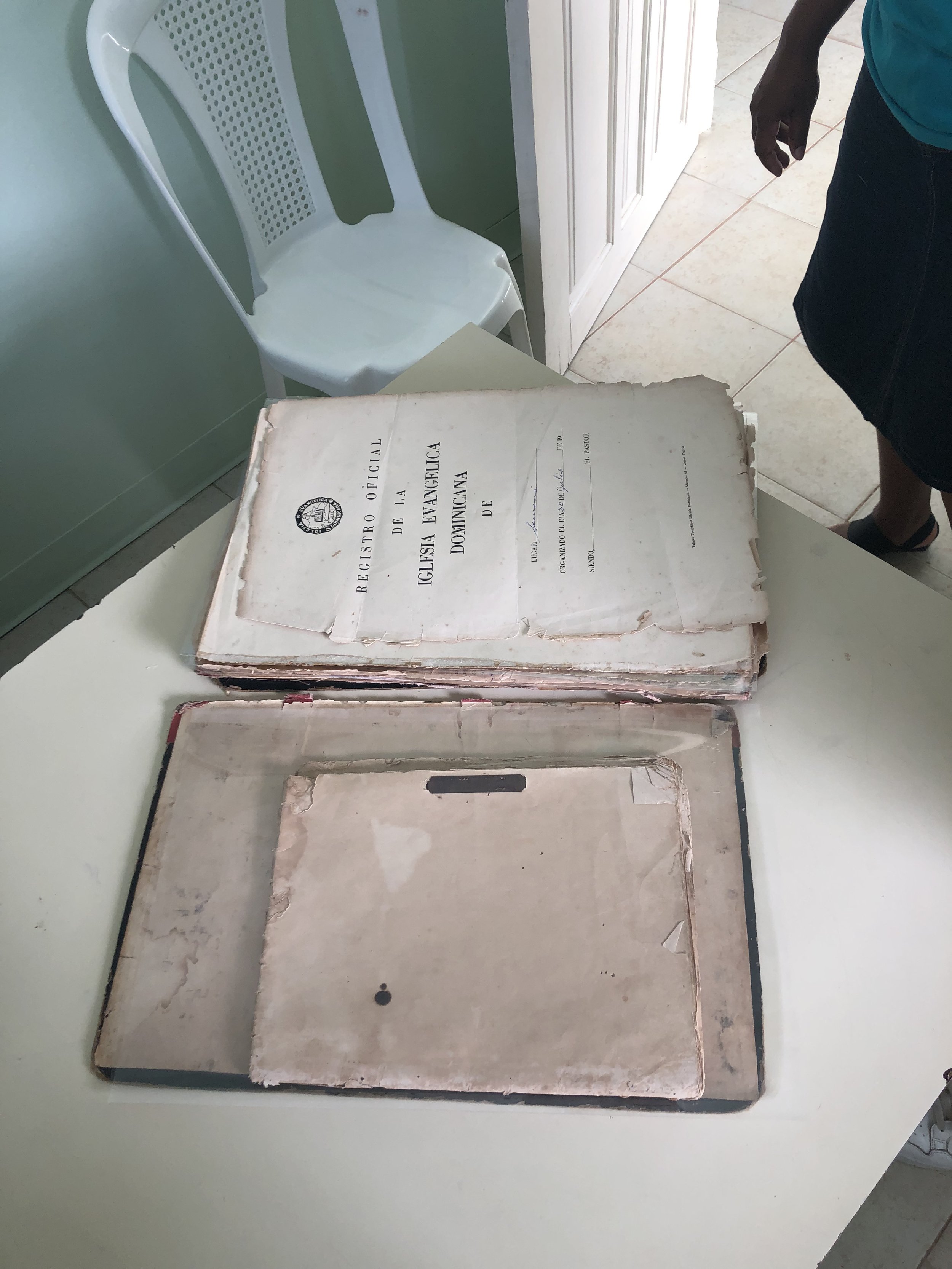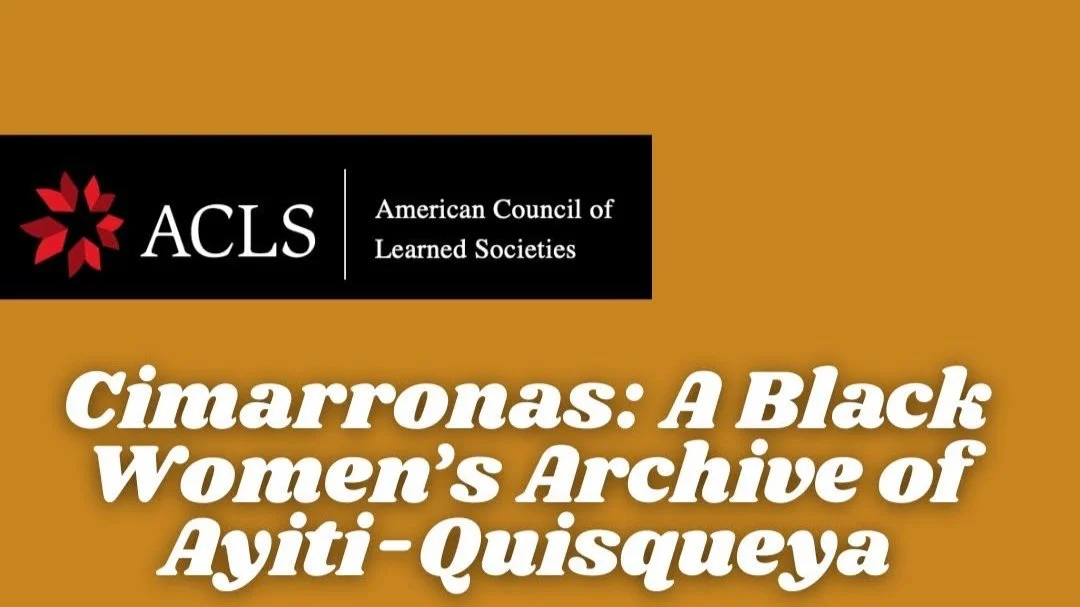This platform will make available a repository of resources that trace the intellectualism of Black women who were rarely literate yet authored enduring legacies in circum-Caribbean spaces. The platform crafts a genealogy of how organic intellectuals in the first colony of the Americas resisted, accommodated, and endured during the colonial period (1492-1844). From the La Negra del Hospital (circa 1502), the first recorded Black woman of the Americas who established an infirmary in the same locality as the first European hospital of the Americas, Hospital San Nicolás de Bari, to Anna Madgigine Jai Kingsley (1793-1870), one of the largest property owners of the Haitian-Dominican unification era, users will gain access to primary source materials, translations, and critical commentaries that position these women within larger currents of Caribbean social and political thought. Cimarronas asks users to expand what constitutes intellectualism in Caribbean history? It shows us how digital resources help us better accredit Caribbean actors for the rich intellectual production that abounded beyond the realm of letters.
